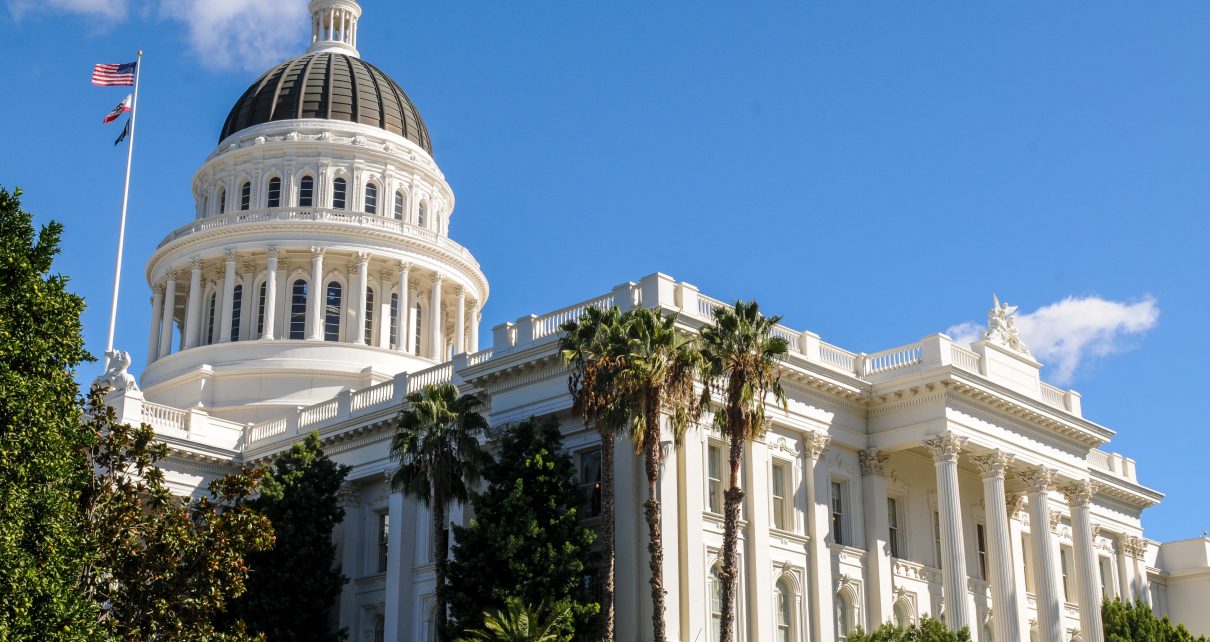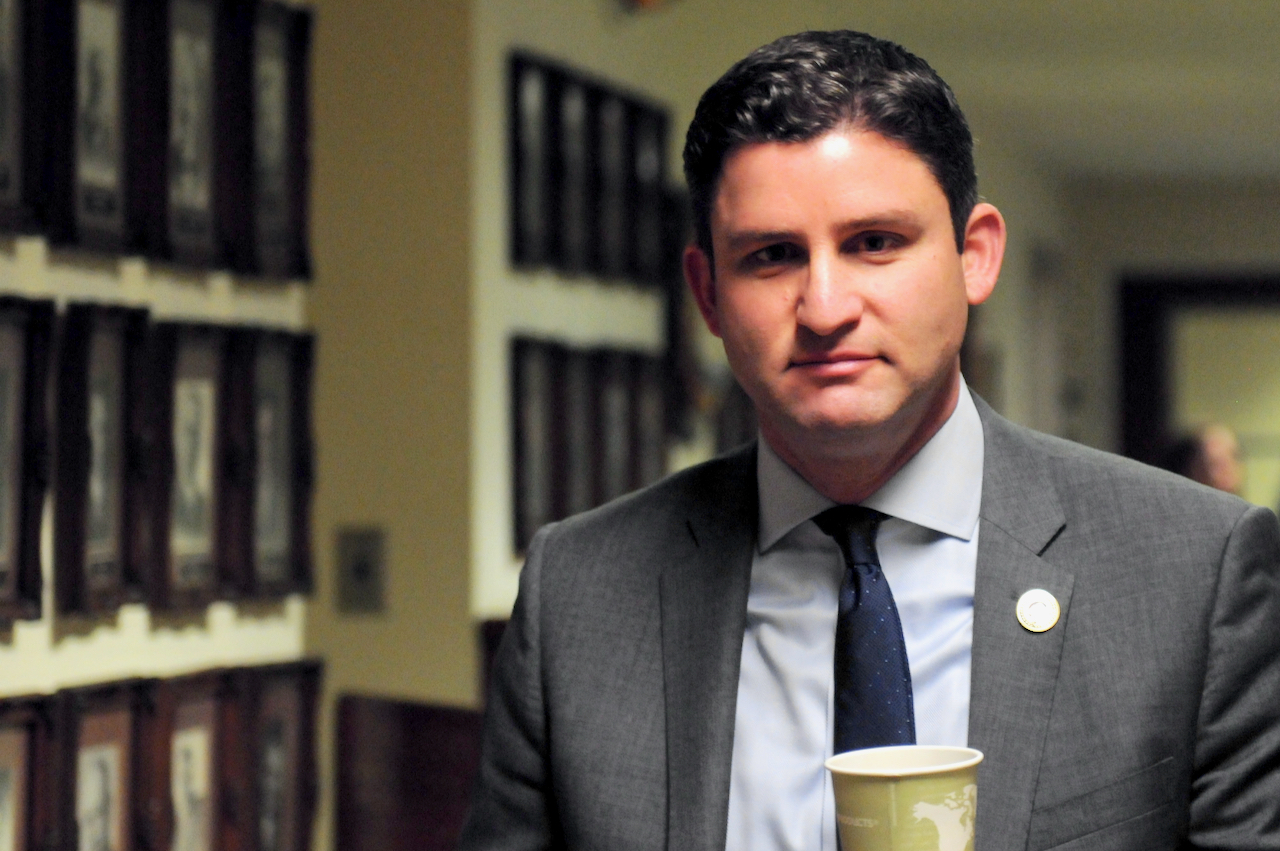
California State Capitol. (Photo: Kevin Sanders for California Globe)
AB 2065 Addresses Net Operating Loss for Business Owners
Benefits a taxpayer who owned/operated a business in California during the years when a deduction was disallowed
By Chris Micheli, February 17, 2022 12:20 pm
On February 14, Assemblywoman Blanca Rubio (D-Baldwin Park) introduced Assembly Bill 2065 to allow a net operating loss (NOL) carryback for an NOL or NOL carryover for which a deduction was suspended for a qualified taxpayer. AB 2065 would add and repeal Sections 17276.24 (under the Personal Income Tax Law) and 24416.24 (under the Corporation Tax Law) of the Revenue and Taxation Code.
The bill would also define a “qualified taxpayer” as a taxpayer that owned or operated a business in California and that completed a specified substantial sale of fixed assets or other property held or used in the regular course of their trade or business during the taxable year beginning on or after January 1, 2020, but before January 1, 2023. The bill would repeal these provisions on December 1, 2025.
Finally, AB 2065 would include additional information required for any bill authorizing a new tax expenditure and would make findings and declarations related to a gift of public funds.
Section One of the bill contains four legislative findings and declarations including the suspension of net operating loss deductions for the 2020 and 2021 tax years when California government thought it would face a multi-billion-dollar budget deficit which never transpired. In addition, despite the NOL carryover extension provided, “For some taxpayers, however, the extension of carryover periods provides no ultimate relief because their losses, accumulated over years of investment, cannot be used to offset a substantial nonrecurring gain, such as in the sale of a significant portion of a business enterprise.
“For such taxpayers, extending the period of carryover for the denied net operating losses provides no matching of investment expense to income recognition because their subsequent income will be insufficient to offset the accumulated and carried over net operating losses. In order to ensure that California’s acute revenue needs are satisfied while also ensuring these taxpayers are not unfairly taxed, it is the intent of the Legislature to authorize qualified taxpayers, beginning on January 1, 2023, to carry back net operating losses denied for the 2020 and 2021 tax years.”
Section Two of the bill would add Revenue and Taxation Code Section 17276.23 under the Personal Income Tax Law to allow, for tax years beginning on or after January 1, 2023, a net operating loss or carryover of net operating loss for which a deduction was disallowed will instead be a net operating loss carryback to each of the preceding taxable years.
Under this new law, a “qualified taxpayer” means a taxpayer that owned or operated a business in California during any portion of the years in which a deduction was disallowed and that completed a substantial sale of fixed assets or other property held or used in the regular course of their trade or business, including the sale of ownership interests in a legal entity, during the taxable year beginning on or after January 1, 2020, but before January 1, 2023. There would be a separate rule in the case of a pass-thru entity.
The term “substantial sale” would mean one or more sales in which the total amount realized exceeds 5 percent of the taxpayer’s gross receipts for the taxable year. For purposes of complying with Revenue and Taxation Code Section 41, the Legislature would find and declare of this new law is to resolve a misalignment of expenses and income that cannot be remedied by an extension of the carryover term of net operating losses suspended. Finally, this section would remain in effect until December 1, 2025.
Section Three of the bill would add Revenue and Taxation Code Section 24416.24 under the Corporation Tax Law to provide the same provisions set forth above under the Personal Income Tax Law.
Section Four of the bill would make a legislative finding and declaration that these provisions of new law would serve the public purpose of securing the financial condition of businesses that were economically harmed by the COVID-19 pandemic, and do not constitute a gift of public funds within the meaning of Section 6 of Article XVI of the California Constitution.
- Legislative Policy on Bay Area Pilotage - July 26, 2025
- Small Craft Harbors and Waterways in California - July 25, 2025
- Disability of Parties in Civil Actions - July 24, 2025







